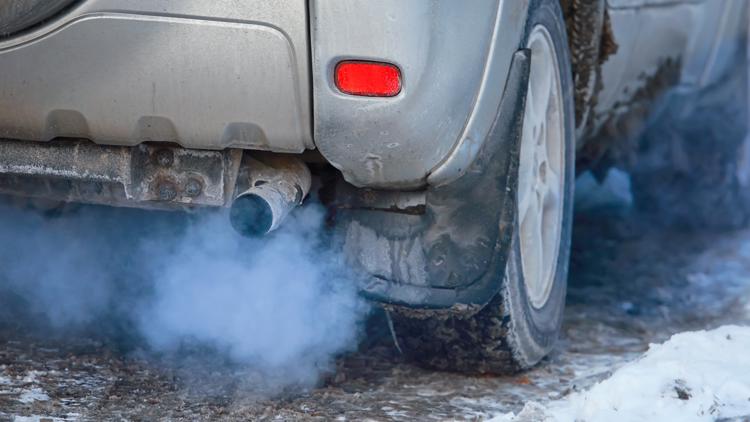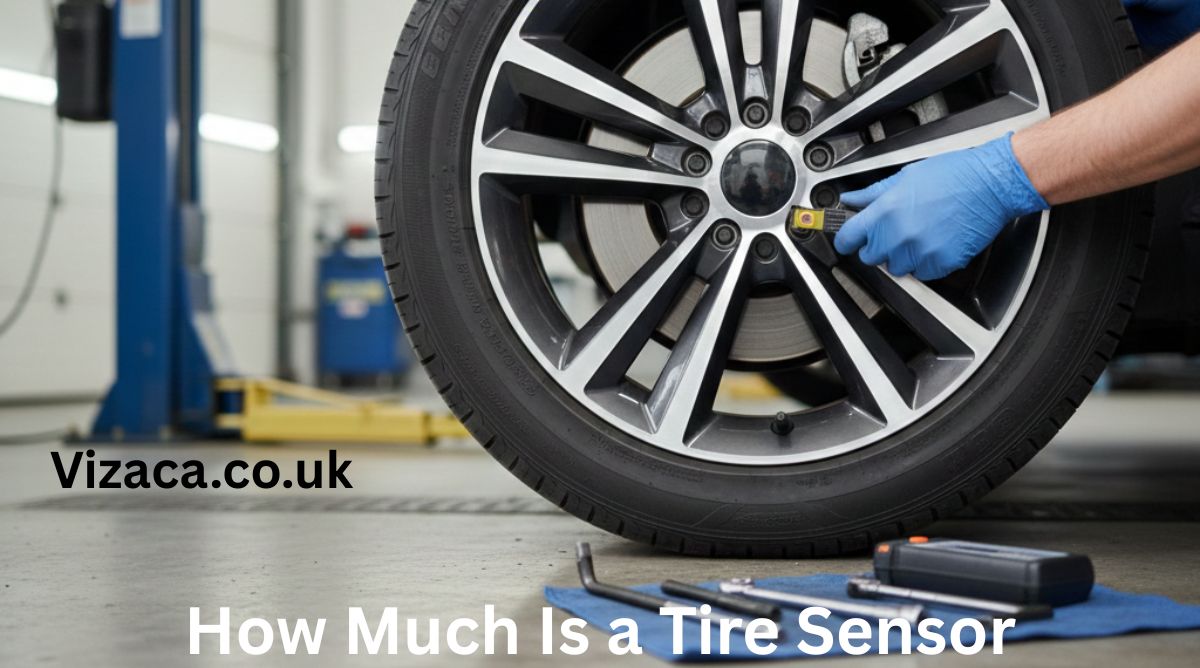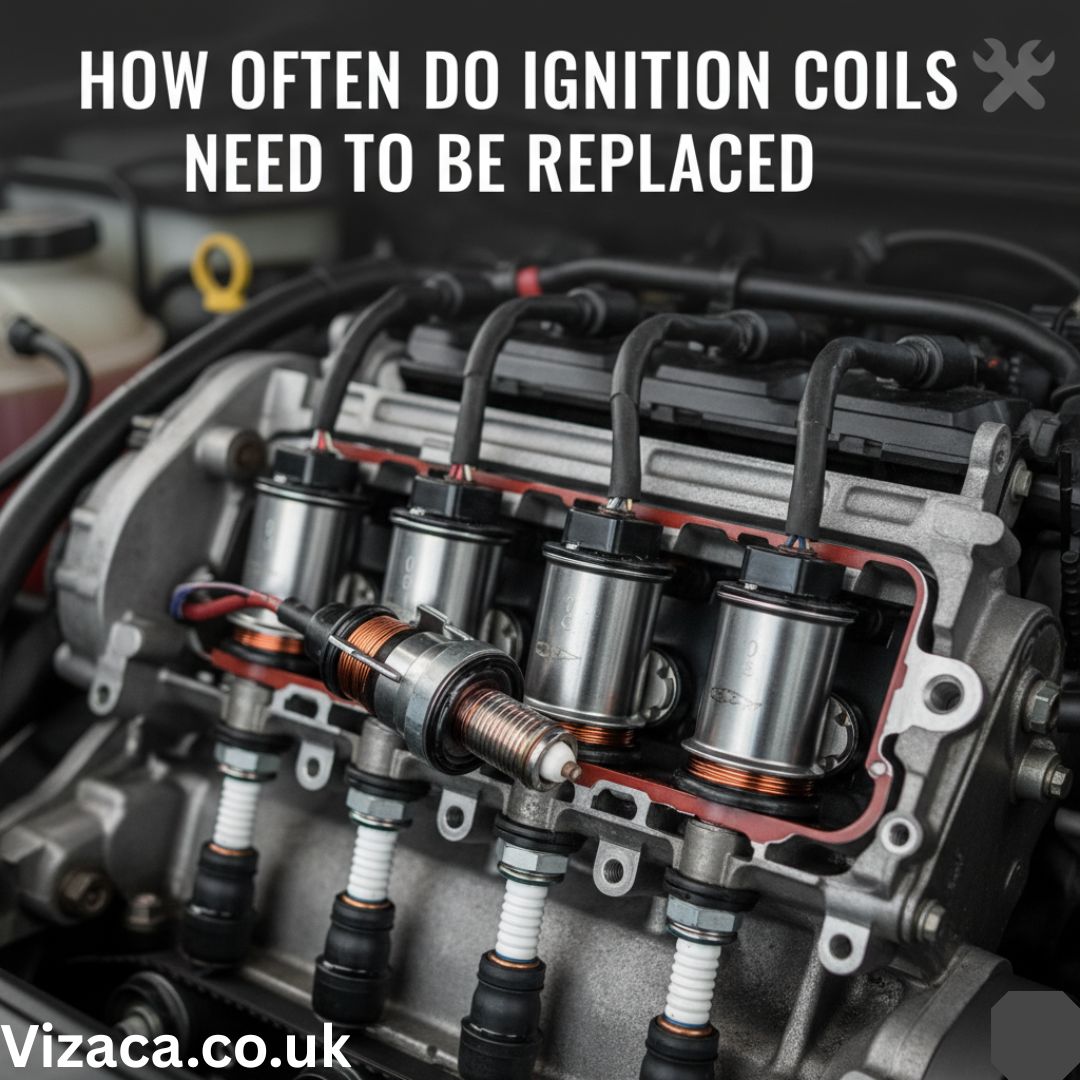Yes, gas mileage usually decreases in cold weather.
It’s a well-known and measurable effect—your car’s fuel efficiency can drop by 10% to 30% when temperatures fall, especially in freezing conditions.
Let’s look at why this happens and what you can do to minimize the impact.
Why Cold Weather Hurts Fuel Economy
❄️ 1. Engine Takes Longer to Warm Up
- Cold engines are less efficient and use more fuel during warm-up.
- In winter, your car stays in “open loop” mode longer, running a richer air-fuel mixture.
❄️ 2. Increased Idling
- Warming up your car before driving is common in cold climates.
- Idling burns gas without moving the car—0 MPG during that time.
❄️ 3. Thicker Fluids and Friction
- Oil, transmission fluid, and other lubricants become thicker in cold temps, causing more resistance.
- This means the engine must work harder, using more fuel.
❄️ 4. Lower Tire Pressure
- Cold air causes tire pressure to drop, increasing rolling resistance.
- Softer tires = more drag = lower MPG.
❄️ 5. Winter Gasoline Blends
- Many areas switch to winter-grade fuel, which evaporates more easily in cold air but has less energy per gallon, resulting in reduced efficiency.
❄️ 6. Heaters and Electrical Loads
- Defrosters, seat heaters, headlights, and fans all put extra load on the alternator, which is powered by your engine.
How Much Can MPG Drop?
- 10%–20% drop is typical in mild cold weather (20°F to 40°F / -6°C to 4°C)
- Up to 30% or more in severe cold (below 0°F / -18°C), especially with short trips or lots of idling
Short drives are worst because your car never fully warms up, keeping fuel economy low the entire time.
Tips to Improve Gas Mileage in Cold Weather
✅ Don’t Idle for Long Periods
- 30 seconds is enough before driving gently
- Modern engines don’t need long warm-ups
✅ Check Tire Pressure Weekly
- Inflate to manufacturer-recommended PSI
- Cold weather can reduce pressure by 1 PSI per 10°F drop
✅ Keep Up on Maintenance
- Use winter-grade or synthetic oil
- Replace air filters and ensure spark plugs are good
✅ Use a Block Heater (if applicable)
- Warms the engine before starting
- Great for extreme cold areas
✅ Remove Snow and Ice
- Extra weight and drag reduce efficiency
- Clear the roof, windows, and wheel wells
Final Thoughts
Yes, gas mileage decreases in cold weather, often noticeably.
It’s caused by a combination of longer warm-up times, thicker fluids, winter fuel, and increased idling.
While you can’t control the temperature, you can take small steps to lessen the impact and keep your fuel economy as high as possible during the cold months.










